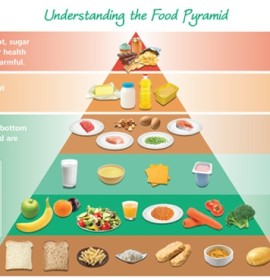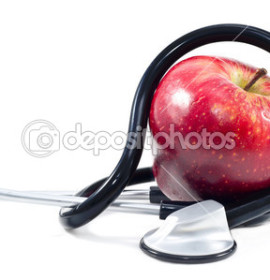
Oral complications common to both chemotherapy and radiation
Uncategorized
It’s for the dear cancer patients. Please take time to read this.
I’m sure that it can be a helpful note for you..
- Oral mucositis: inflammation and ulceration of the mucous membranes; can increase the risk for pain, oral and systemic infection, and nutritional compromise.
- Infection: viral, bacterial, and fungal make damage to the mucosa from chemotherapy or radiotherapy.
- Xerostomia/salivary gland dysfunction: dryness of the mouth due to thickened, reduced, or absent salivary flow; increases the risk of infection and compromises speaking, chewing, and swallowing. Medications other than chemotherapy can also cause salivary gland dysfunction. Persistent dry mouth increases the risk for dental caries.
- Functional disabilities: impaired ability to eat, taste, swallow, and speak because of mucositis, dry mouth, trismus, and infection.

- Taste alterations: changes in taste perception of foods, ranging from unpleasant to tasteless.
- Nutritional compromise: poor nutrition from eating difficulties caused by mucositis, dry mouth, dysphagia, and loss of taste.
- Abnormal dental development: altered tooth development, craniofacial growth, or skeletal development in children secondary to radiotherapy and/or high doses of chemotherapy before age 9.
- Neurotoxicity: persistent, deep aching and burning pain that mimics a toothache, but for which no dental or mucosal source can be found. This complication is a side effect of certain classes of drugs, such as the vinca alkaloids.
- Bleeding: oral bleeding from the decreased platelets and clotting factors associated with the effects of therapy on bone marrow.
Prevention is better than cure. So take a first step for prevention
The Role of Pre Oral Care treatment for cancer

A thorough oral evaluation by a knowledgeable dentist before cancer treatment begins is important to the success of the regimen. Pre treatment oral care achieves the following:
• Reduces the risk and severity of oral complications.
• Allows for prompt identification and treatment of existing infections or other problems.
• Improves the likelihood that the patient will successfully complete planned cancer treatment.
• Prevents, eliminates, or reduces oral pain.
• Minimizes oral infections that could lead to potentially serious systemic infections.
• Prevents or minimizes complications that compromise nutrition.
• Prevents or reduces later incidence of bone necrosis.
• Preserves or improves oral health.
• Provides an opportunity for patient education about oral hygiene during cancer therapy.
• Improves the quality of life.
• Decreases the cost of care.
With a pretreatment oral evaluation, Dr.Nechupadam Dental, Marine Drive team can identify and treat problems such as infection, fractured teeth or restorations, or periodontal disease that could contribute to oral complications when cancer therapy begins. The evaluation also establishes baseline data for comparing the patient’s status in subsequent examinations.





